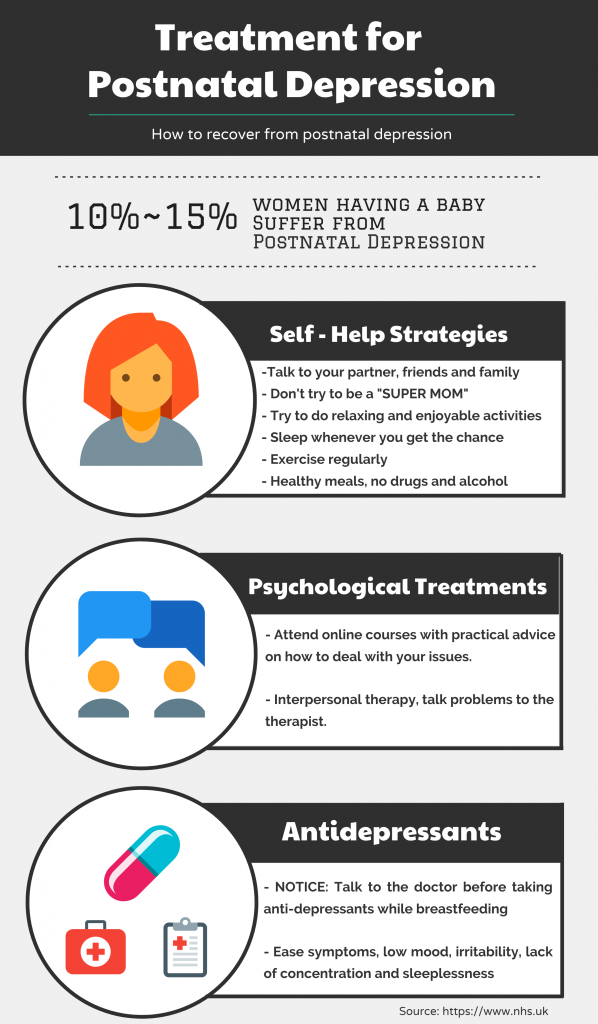More than one in ten women having a baby face mental disorders and dancers are trying to improve it.
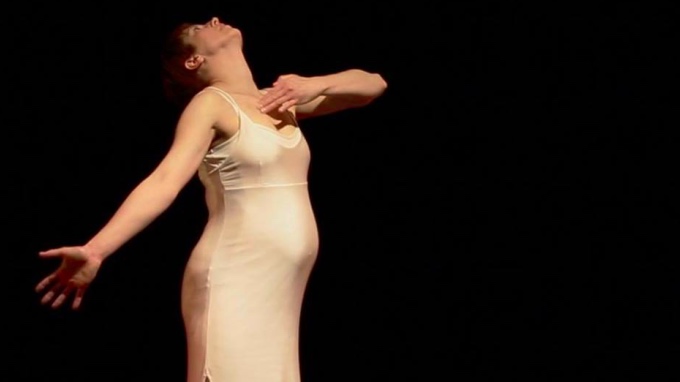
A group of dancers from Wales including pregnant women and women with children aspire to reduce mothers’ depression, anxiety, and loneliness through their creative and interactive movements.
Sixteen dancers performed a participative dance (Gravida Project) designed for mothers who might encounter maternal mental disorder, at Chapter Arts Centre in Cardiff and choreographers, as well as dancers get the inspiration through reflecting on their own pregnancies.
Aleksandra Jones, who is the director for Gravida Project and has been a ballet dancer for almost 30 years said, “The idea was from our pregnant professional dancers. When we’re pregnant, we’re heavier, we’re waiting, we’re changing, and everything is changing. There is a lot we don’t know, and we feel low. So, we need effective work there and I feel art is here to heal.”
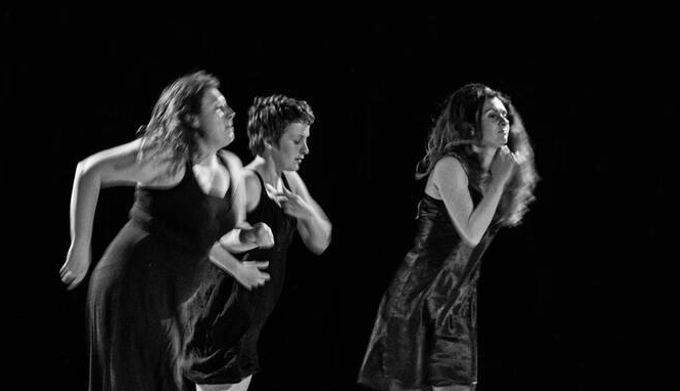
Gravida Project lasts for 70mins, has eight chapters and one of them is titled ‘Infinity Movement,’ which tells the story of women trying to find peaceful spaces in a struggling, exhausting and lonely life. It starts from the cold atmosphere and blue lights but then turns to warmer and gathered beams.
After watching the first performance, an old mother said, “I just start to cry, and I remembered when I was breastfeeding, I can’t go anywhere. It is really kind of a meditative spiritual performance and makes me feel I am not alone. Dancers are here, societies are here, and my partner is here.”
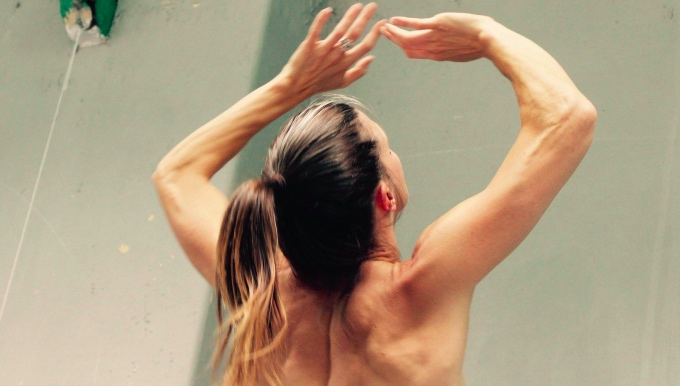
Women do need healing power. More than one in 10 women having a baby encounter mental health problems such as antenatal depression, postnatal depression, anxiety, perinatal obsessive-compulsive disorder, postpartum psychosis and post-traumatic stress disorder (PTSD) which are greatly exacerbated in the perinatal period, according to a report from the Maternal Mental Health Alliance.
Dancers help heal maternal mental disorder and develop emotional support. Meanwhile, for dancers, the movement is also a healing power to connect with themselves. Carrie Westwater, one of the dancers in Gravida Project, said, “I am both a mother and an artist. I create and have created two new worlds of energy that circle within and without of me.”
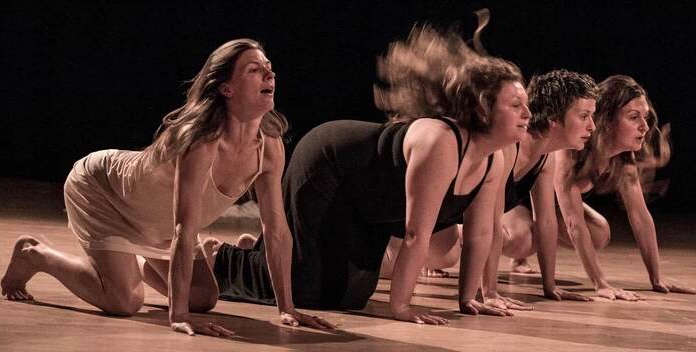
In addition to mothers, Gravida Project aims to connect everyone in the experience of pregnancy by changing the image of pregnant women. According to a report from the Equality and Human Rights Commission, one in five mothers said they had experienced harassment or negative comments related to pregnancy from others, and Gravida Project hopes the public can have a better understanding of this very important stage in the life of a woman.
“My favorite part of the project is how we are using technology. We created a huge installation, which was a birth canal, and our audience passed through the corridor and came into the womb. We also put speakers and even the audience can hear that voice.” said Jones.
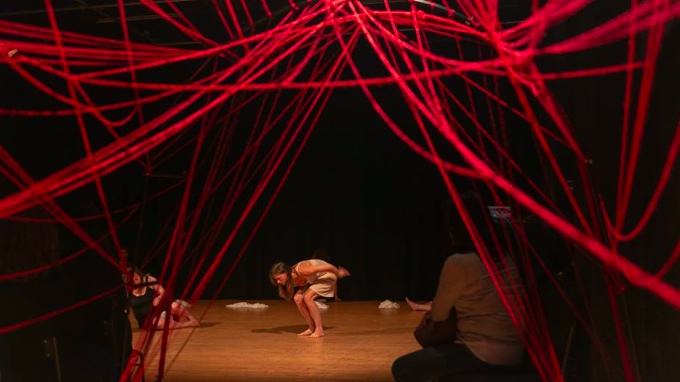
Some other advice on treatment for postnatal depression, from NHS.
